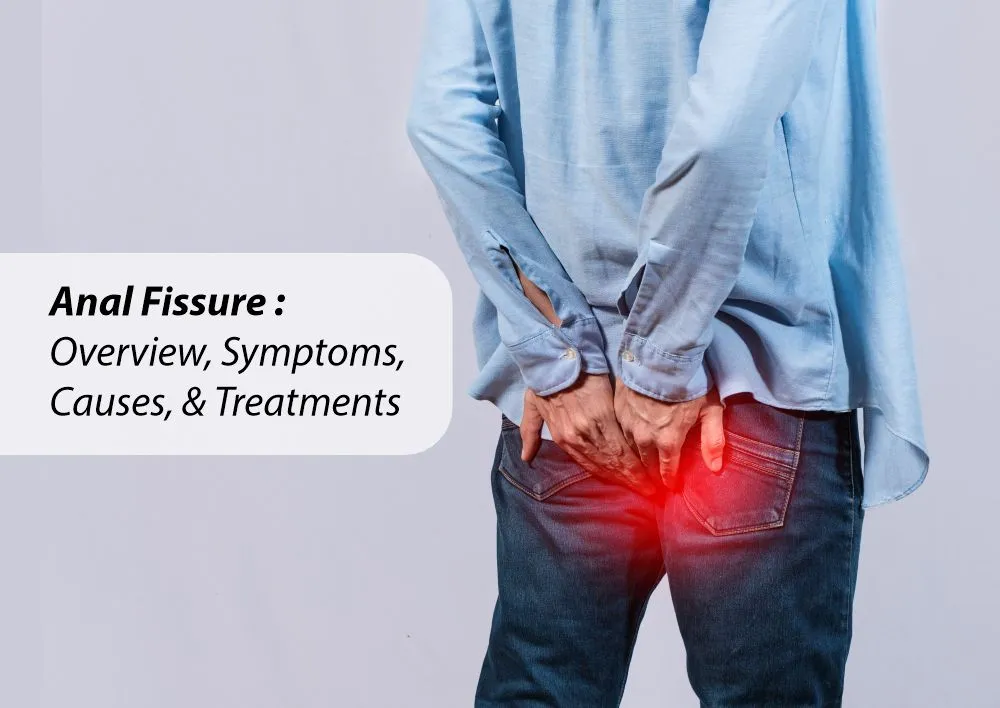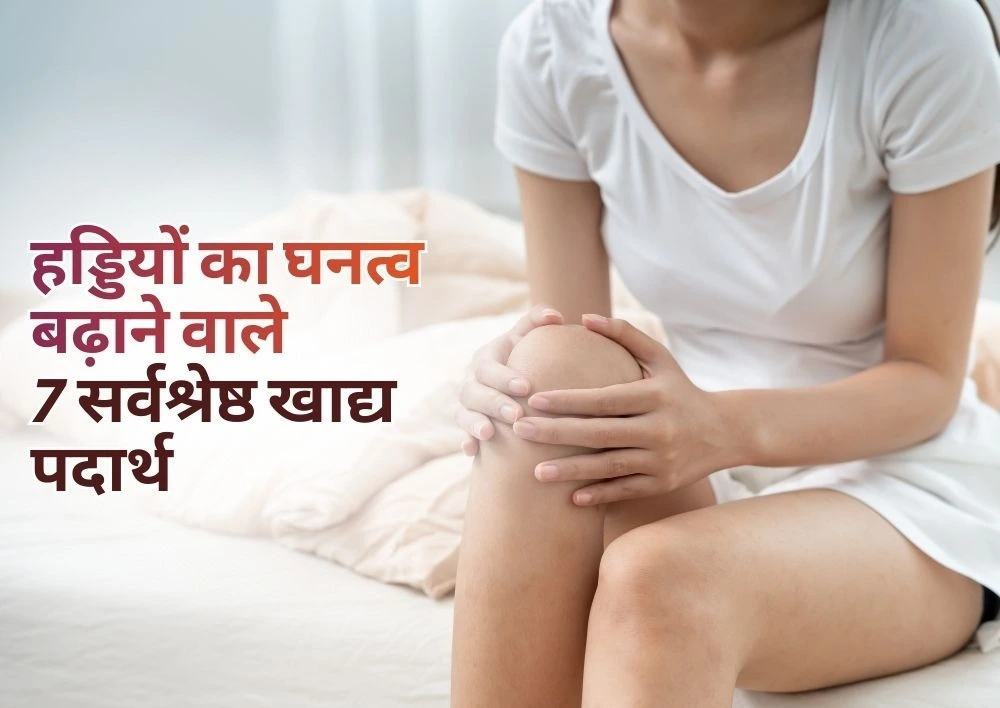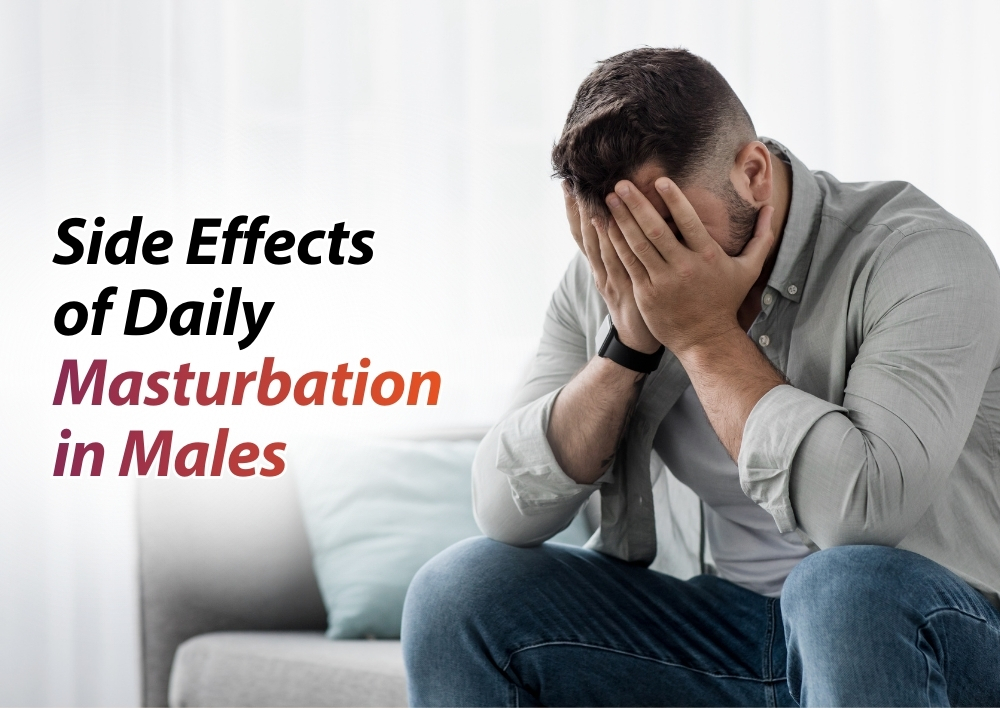Understanding Anal Fissures: A Simple Guide to Symptoms, Causes, and Treatments
An anal fissure is a common and treatable condition, often causing discomfort during bowel movements. It is a break in the tissues that line your anal canal. Most fissures heal with self-care. Many people suffer from this but may not feel comfortable discussing it.
Miracles Apollo Cradle/Spectra is the best general surgery hospital in Gurgaon. We offer several treatment options for anal fissures. We have a team of highly skilled and experienced general surgery doctors in Gurgaon, who specialize in fissure treatment using advanced minimally invasive techniques. Equipped with cutting-edge technology like lasers for precise diagnosis and effective treatment. Focusing on providing compassionate care and personalized attention to each patient, ensuring a comfortable and stress-free experience.
If you have chronic fissures and are searching for a doctor for fissure treatment near you? Feel free to contact us for quality treatment.
Here we'll provide an easy-to-understand overview of anal fissures, exploring their symptoms, causes, and potential treatments.
What is an Anal Fissure?
An anal fissure is a very small cut or tear in the lining of the anus. It may cause discomfort and pain during bowel movements. However, Anal fissures can affect people of all ages, but they are more common in young adults and infants.
What are the Symptoms of an Anal Fissure?
The most common Anal Fissure symptoms include:
-
Pain During Bowel Movements: Sharp pain and discomfort during bowel movements is one of the major symptoms of anal fissures.
-
Bleeding: Another common sign is fresh bright red blood on the toilet paper or in your poop.
-
Itching and Irritation: Some people may experience itching or irritation around the anal area.
-
Spasms of the Anal Sphincter: Muscle spasms in the anal sphincter can increase the level of pain associated with anal fissures.
-
A Lump on the Skin Around the Tear: Some people may experience a lump over the skin around the tear.
What are the Causes of an Anal Fissure?
The primary causes of anal fissures include:
-
Constipation: Difficulty passing hard and dry stools leads to stretching during bowel movements. This stretching can cause tears in the anal lining, especially in people who are prone to constipation.
-
Diarrhea: Chronic or frequent episodes of diarrhea can irritate and damage the soft tissues around the anus. This makes them more susceptible to fissures.
-
Trauma or Injury: Any injury to the anal area can cause anal fissures. It can be due to the insertion of a foreign object, aggressive wiping, rough sexual activity, etc.
-
Inflammatory Bowel Disease (IBD): Conditions like Crohn's disease or ulcerative colitis can cause inflammation and damage to the digestive tract. It can increase the risk of anal fissures.
-
Pregnancy and Childbirth: The pressure on the pelvic area during pregnancy and childbirth can contribute to anal fissures development.
-
Infections: Infections such as sexually transmitted infections or other microbial infections in the anal area can irritate and lead to fissures.
-
Poor Anal Hygiene: Poor hygiene after bowel movements can cause irritation and inflammation. It can increase the risk of anal fissures.
-
Anal Stenosis: Narrowing of the anal canal due to several reasons can contribute to the development of fissures.
-
Anal Sphincter Muscle Problems: Conditions that affect the anal sphincter muscles, such as increased muscle tension or decreased muscle tone can contribute to the development of anal fissures.
How are Anal Fissures Diagnosed?
Anal fissures are diagnosed based on a combination of medical history, physical examination, and additional tests.
-
Your doctor will ask about your symptoms, medical history, and any other ongoing health issues.
-
Then they will conduct a physical examination to see the fissure. They will ask you to lie on your belly or your side. They gently separate your buttocks to know whether this is too painful or not.
-
If you are not feeling uncomfortable, they will try to see the fissure to rule out other possible causes for your symptoms.
-
Your doctor may conduct a digital rectal exam. They might gently insert a lubricated gloved finger to open your anus and notice any tenderness or muscle spasms.
How is Anal Fissures Treated?
The Anal fissure can be treated in several ways including:
-
Dietary Modifications: Increasing fiber intake can help soften stools. It makes them easier to pass and reduces the risk of fissures.
-
Hydration: Staying well-hydrated helps in maintaining stools softer, and preventing constipation.
-
Over-the-counter Creams: Over-the-counter creams can help relax the anal sphincter and relieve pain.
-
Sitz Baths: Sitz baths can provide relief and promote healing.
-
Prescription Medications: In some cases, your doctor may prescribe you medications to promote healing or relax the anal muscles.
When to Seek Medical Attention?
While many anal fissures can be managed with self-care. Some may require medical attention. You need to consult a doctor for treatment if:
-
You are experiencing the signs of infection, such as increased pain, redness, or discharge.
-
Your symptoms last long(more than a week).
-
There is excessive bleeding.
Conclusion:
Anal fissures are common but manageable. Simple lifestyle changes and medications often suffice, but surgical procedures may be necessary for chronic cases. Seek professional help for effective management.
If you are experiencing discomfort due to anal fissures, it's important to remember that you are not alone. Seeking professional help is important for effective management. A team of skilled general surgeons in Gurgaon, specializing in fissure treatment at Miracles Healthcare in Gurgaon. They provide the necessary assistance and support for your recovery.
Miracles Healthcare offers comprehensive healthcare services through multiple facilities: Miracles Apollo Cradle, Miracles Apollo Cradle/Spectra, Miracles Fertility & IVF Clinic, and Miracles Mediclinic. Our facilities are located in Sec 14, Sec 56, and Sec 82, making daily healthcare more convenient for the people of Gurgaon.
Don't hesitate to reach out and prioritize your health and well-being. Timely intervention and expert care can make a significant difference in your overall well-being. Contact us and schedule your appointment with the best doctor for fissure treatment in Gurgaon for timely treatment.















Was the information useful?
0 0